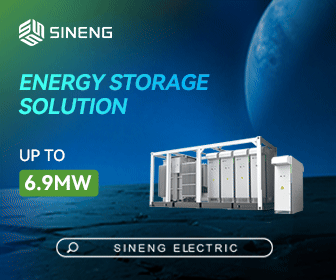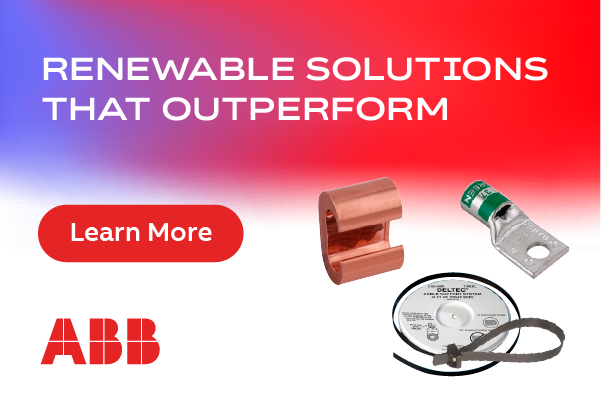BAE Systems Series-ER Electric Hybrid Technology Creates New and Innovative Ways for Cities to Get to Zero Emissions
A future with zero emissions is on the horizon. For many transit agencies that means looking to their cities' buses to help improve air quality and fight climate change.
Their goal is to power bus fleets with clean battery electric or fuel cell electric systems. It sounds simple, but for many cities and their transit agencies the costs and lack of charging infrastructure can hold them back.
BAE Systems is helping them bridge the gap to zero with the Series-ER (Electric Range) electric hybrid system. The technology builds on more than 20 years of innovation to turn a typical diesel bus into a part-time electric bus.
Series-ER combines motors, energy storage, and smart controls to create a clean form of electric drive power for buses. It uses lithium-ion batteries to store energy, allowing the bus to drive with its diesel engine turned off for up to 35 percent of the time. The system does not require charging infrastructure to operate because it charges itself with an onboard generator while the bus is on the move.
 San Francisco was one of the first cities to adopt the technology, creating designated "green zones" to benefit communities with poor air quality as part of an environmental justice initiative. The Series-ER system uses global positioning software to tell the bus to switch to battery power once it enters a green zone. San Francisco's buses equipped with this technology have now traveled more than 150,000 miles with their diesel engines off. That number will continue to grow as the city plans to upgrade more than 170 additional buses with the Series-ER technology in the next year.
San Francisco was one of the first cities to adopt the technology, creating designated "green zones" to benefit communities with poor air quality as part of an environmental justice initiative. The Series-ER system uses global positioning software to tell the bus to switch to battery power once it enters a green zone. San Francisco's buses equipped with this technology have now traveled more than 150,000 miles with their diesel engines off. That number will continue to grow as the city plans to upgrade more than 170 additional buses with the Series-ER technology in the next year.
While Series-ER is reducing emissions in San Francisco, the city isn't alone. Boston leverages the system on more than 400 buses to reduce emissions with idle reduction. This feature allows the bus engine to turn off at stops, eliminating fuel use, emissions and noise when the bus is not moving. Nearly half of Boston's fleet is also using software to enable vehicles to switch to battery power at low speeds. The city takes advantage of this added benefit to reduce air and noise pollution in areas with greater foot traffic.
Across the pond, the U.K. and Ireland are also improving air quality with the help of BAE Systems' power and propulsion technology. The seaside city of Brighton turned to Series-ER technology to reduce air pollution in one of its tourist areas. Now its double-decker buses run free of emissions for more than 133,000 miles each year.
The Republic of Ireland's National Transport Authority (NTA) also has plans to incorporate the technology into its new fleet of buses. The NTA recently ordered 100 Series-ER systems and plans to use them across the country to reduce emissions and fuel use later this year.
As the race to reduce air pollution picks up speed, more cities need clean technology to meet their sustainment goals. For many, electric hybrid technology is bridging the gap to an all-electric and zero emission future. Our Series-ER system is giving cities new ways to reduce emissions and putting them in the fast lane on the road to zero emissions.
BAE Systems | www.baesystems.com









